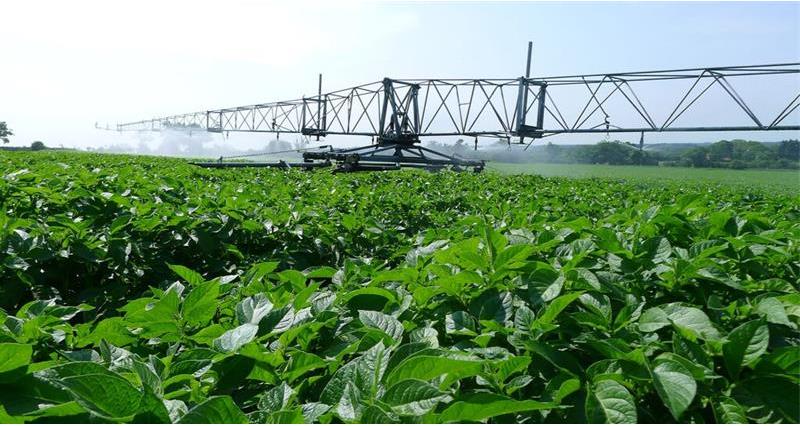Future planning for water requires a collaborative, cross-sector approach to ensure its value in agriculture is not under-estimated, was a key message resounding from a water workshop hosted by the NFU and jointly organised with the Environment Agency. The ‘Planning for Water in Agriculture’ event - attended by agricultural and public water industry experts and stakeholders, including representatives from Cranfield University, the UK Irrigation Association and a range of farmers - was a platform for debate and discussion, highlighting the need for investment into a national planning framework for water.
With increasing demands on water supply, due to population growth and extreme drought and flood incidences, an ambitious plan is needed to remove pressures on water, through capture, storage and conservation - thereby ensuring availability when required.
Resources are often required in the driest parts of the country, at the driest times in the year, hence the need to improve understanding of water demand. Furthermore, water requirements vary across farming sectors, with horticulture and other high value crops relying on water for product quality and yield. Many of these businesses are concentrated in water-stressed areas. The workshop concluded that sector-specific narratives and NFU commodity board engagement will be vital to understand the seasonal and regional variabilities of different sectors.
The use of water for drinking, washing and cooling in the livestock and poultry sector creates a high demand for water, but it must be highlighted that these sectors, as well as others including horticulture and ornamentals, are already engaged in recycling and treating water in their production and processing systems. Developing this work is vital for a robust, long-term domestic framework for water.
Ali Capper, Chair of the NFU Horticulture and Potatoes Board, called for a contextualised and transparent approach in how we communicate on statistics and figures relating to water usage. Despite agriculture being the second largest abstractor of water by consumptive volume outside of the water industry, it in fact accounts for only 1 percent of water usage in England, so the importance of focusing on ensuring a resilient water supply for home-grown produce is crucial. Whilst British farmers and growers rely heavily on water availability to ensure high quality and affordable fresh produce, our water footprint is comparably lower than that of many other countries. This, she said, was important in the conversation surrounding sustainable production and the import of food to this country, following Brexit.
